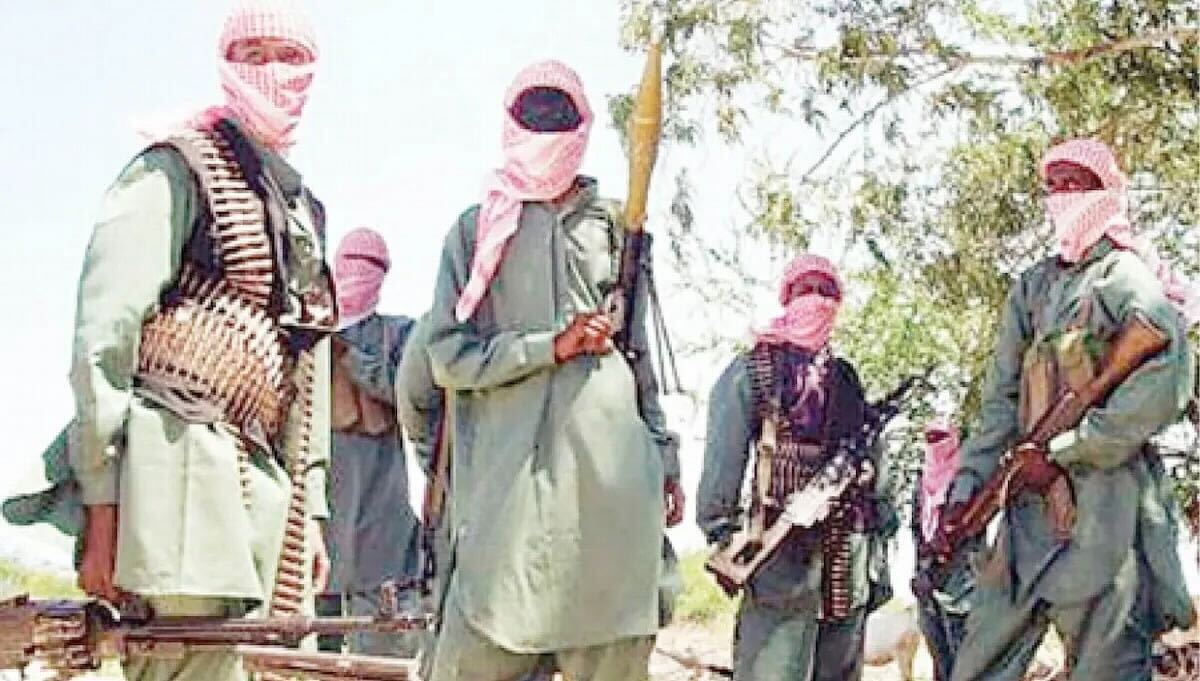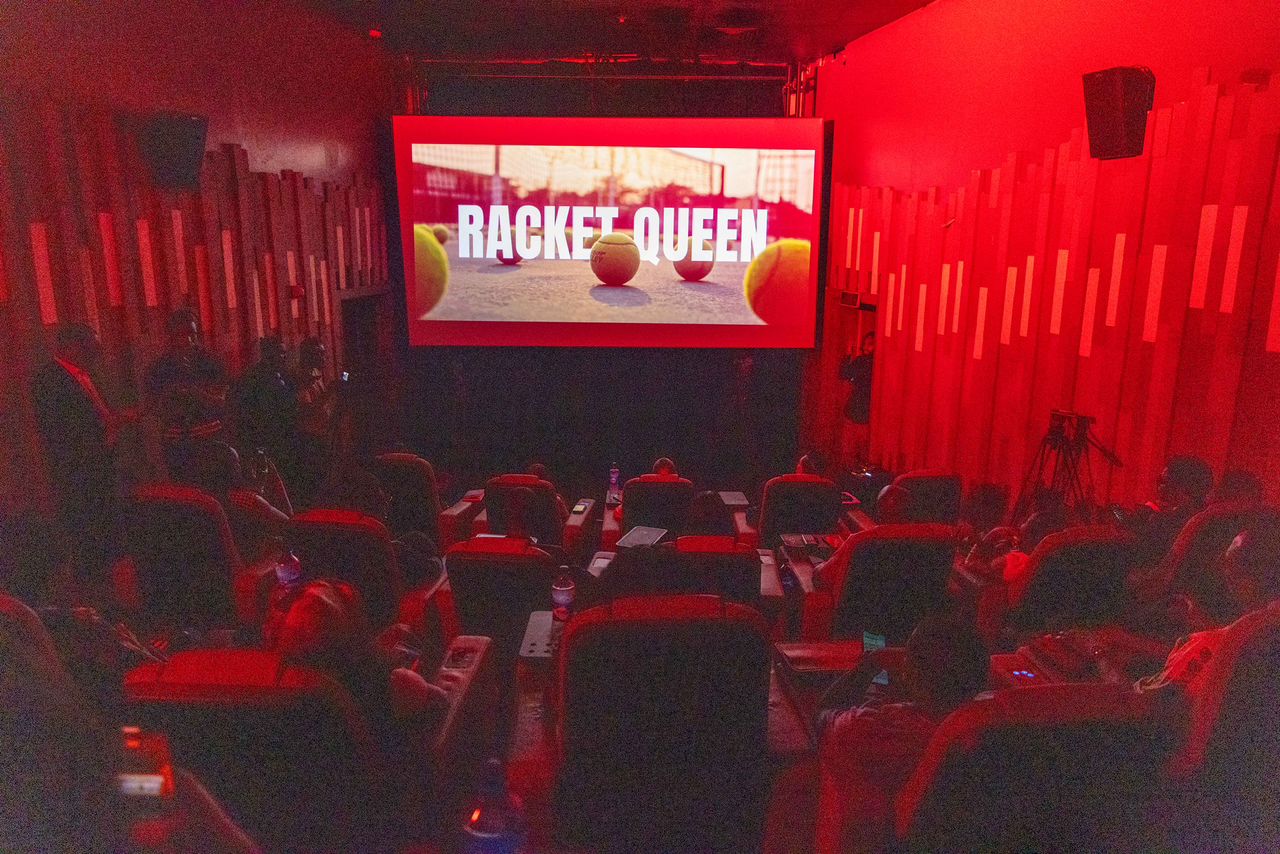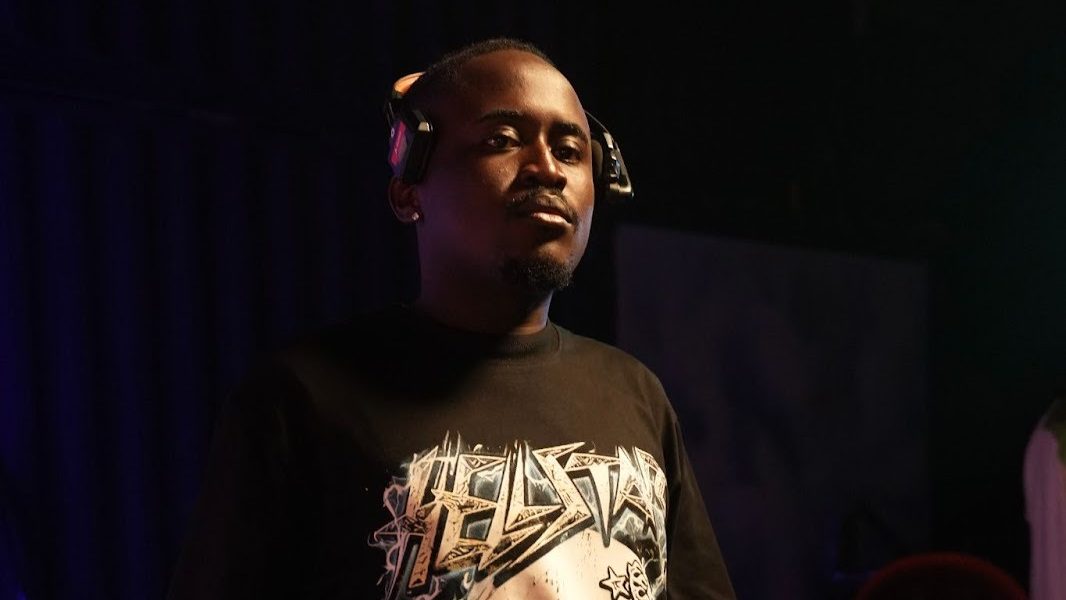By Aderinola Omotosho
In the past few days, Nigeria has bled — again, as it has for far too long. ISWAP militants claim they captured and executed Brigadier-General M. Uba in Borno State, allegedly. The Nigerian Army denies the capture. In Kebbi State, 25 schoolgirls were abducted from their dormitories, and the vice principal, Hassan Yakubu Makuku, was shot dead. A church in Kwara State was attacked, leaving worshippers dead and others kidnapped. Families live in terror, communities are paralyzed, and every day it seems the threat grows more audacious.
And the president? He has spoken now — posted on X (formerly Twitter) that he is saddened by these tragedies — but his words feel hollow, a flicker of sympathy in the face of a wildfire of violence. Nigerians are bleeding, and words alone will not stop it.
This is not just a northern problem. This is a national crisis. No corner of the country feels safe anymore. The terrorists have proven they can strike anywhere, at any time. The ordinary Nigerian wakes up wondering if today will be the day they, their children, or their loved ones fall victim. Markets, schools, churches, roads, and even military checkpoints do not guarantee safety. And our leaders — those tasked with protecting us — may speak, but remain absent in action. Their hesitation is deafening, their inaction unforgivable.
We have seen this cycle before. In 2020, over a hundred farmers were slaughtered in Borno’s Koshebe community while harvesting rice. In 2022, gunmen massacred dozens in Kebbi and Plateau States in coordinated attacks that lasted hours. In 2023 alone, hundreds were killed and displaced in a series of violent raids across multiple communities in the north and middle belt.
Kidnappings have become an economy of their own — from the Chibok girls to schoolchildren in Kaduna, from passengers on the Abuja-Kaduna train to worshippers in Ondo and now Kwara, no one is safe. Across the country, thousands have vanished — stolen from roads, classrooms, farms, churches, mosques, and their own homes. The patterns are clear. The leadership’s response has not been.
How many more lives must be lost before those in power do more than post tweets? How many more children must be dragged from classrooms, how many priests, pastors, and civilians must be kidnapped, killed, or terrorized before this administration takes real responsibility? The pattern has been clear for years: attacks, kidnappings, killings, and a government that reacts only when headlines force its hand. Yet, every day the clock ticks, Nigerians pay with blood and fear.
The vice principal in Kebbi died protecting the lives of students, a man whose only crime was serving his community. Those schoolgirls now exist in the hands of criminals, their lives stolen, their futures uncertain. Parents can no longer send their children to school without fear. Mothers and fathers lie awake at night, imagining what horrors may befall them while they sleep, wondering if the next knock at the door is a visitor or a nightmare. In Kwara, worshippers seeking solace in prayer were met with violence instead. These are not isolated incidents. They are threads in the same tapestry of chaos, a tapestry woven by terror and negligence.
And let us not pretend this began yesterday. Banditry in the northwest has reportedly killed thousands in recent years. Mass abductions have become so frequent that entire regions have normalized ransom negotiations. Many communities now rely more on vigilante groups than on official security forces. Fear travels faster than any military response. Roads close before dark. Farmers abandon their land. Villages are being erased from the map.
The fear spreads faster than any military operation can chase it. Roads are deserted at dusk, schools are emptied by parents who refuse to risk their children’s lives, and communities arm themselves with whatever they can find. Vigilante groups form because there is no other choice, because when the state fails, citizens are forced to fend for themselves. Every abduction, every attack, every life lost chips away at the fragile trust between the people and those who govern. How long can Nigerians endure a government whose words fail to match the urgency of reality?
And let us not be naive: this is a systemic problem. It is not simply the failure of local security operatives or the happenstance of geography. This is a failure at the very top, a leadership that ignores warning signs, disregards intelligence reports, and only now offers perfunctory words of sadness instead of decisive action. Every day, the absence of real, forceful intervention emboldens terrorists, kidnappers, and bandits. Every delay, every half-measure, tells them they can strike again, and again, and again, without consequence.
No one is safe. This is beyond political affiliation, beyond ethnicity or religion. It is a question of life and death, of whether the Nigerian state exists to protect its people or merely to survive its own bureaucracy. Mothers weep for daughters whose laughter will never return. Communities mourn men and women who once held their neighborhoods together. Children are being robbed not only of their education but of the very sense of security that every child deserves. And all the while, those who swore to defend the country remain in their offices, distant, detached, and only now offering words where action is demanded.
The president’s words do not undo the bloodshed. They do not rescue the abducted, they do not confront the terror, and they do not restore confidence in a government that should have acted yesterday, last week, last year, in the last decade. Expression alone is not leadership. THIS is not leadership. This is an abdication of responsibility at a time when courage, decisiveness, and accountability are needed more than ever.
Nigeria cannot survive this kind of inaction. If leadership continues to rely on statements instead of strategy, if sorrow continues to replace solutions, then the country will not merely be insecure — it will be broken. Families live in fear, communities are torn apart, and every citizen knows it could be them next. The time for excuses, for words without deeds, for symbolic gestures has passed. The time for action is now, or the nation will pay a price it cannot afford.
And yet, there is hope — not in government, not in bureaucracy, but in the courage of ordinary Nigerians who refuse to surrender to fear. Vigilantes protect neighborhoods, communities look after one another, and families cling together in defiance of terror. But courage alone cannot substitute for leadership. Without accountability, strategy, and national resolve, courage can only do so much. The blood spilled is a warning, a demand, a testament that Nigeria is at a crossroads. Every citizen, every family, every child deserves protection, not neglect. Every attack unanswered is a statement that life in Nigeria can be stolen, at any time, anywhere, and nothing will change.
The question now is simple: will our leaders move beyond tweets and take real action before the next tragedy? Or will they continue to watch from their offices, offering words of sorrow while Nigerians are slaughtered, kidnapped, and terrorized? Every day of delay, every hollow statement, every failure to act is a betrayal — not just of security, but of the very trust that binds a nation. Nigerians have cried, prayed, and fought to survive while those sworn to protect us remain distant, indifferent, and reactive at best.
ENOUGH IS ENOUGH. The time for performative condolences has passed. The time for courage, accountability, and decisive action is NOW — because if it isn’t, Nigeria will not merely bleed; it will fracture, and the cost will be counted in lives that could have been saved but were abandoned to silence.




